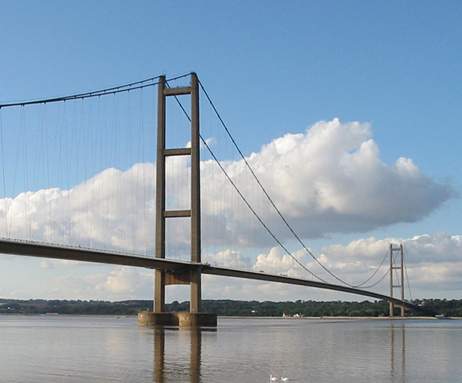Hull Becomes First UK City With Full Ultrafast Fibre

Local provider KCOM completes full fibre deployment, giving entire city of Hull access to ultrafast speeds
Hull in East Yorkshire has become the city in the United Kingdom where all residents can gain access to ultrafast broadband speeds of up to 1 Gbps.
Currently only 8 percent of the UK has access to full fibre, but now the former incumbent telecom group for East Yorkshire, KCOM Group, announced that it has completed its ultrafast, full fibre broadband rollout in Hull and East Yorkshire.
It has been a busy time for KCOM. In April it agreed to be acquired by a pension fund (Humber Bidco Ltd) for £504m. But that triggered a bidding war, and in June KCOM’s board withdrew its recommendation of that offer in favour of a £627m bid from Macquarie Infrastructure, an investment fund controlled by the Australian bank Macquarie.
![]()
Full fibre
KCOM said that it had begun its deployment of its Lightstream service way back in 2012, but now that it had completed the deployment, around 200,000 homes and businesses in the region have access to ‘ultrafast’ speeds of 1 Gbps.
The deployment took seven years to deliver and cost KCOM £85m in total.
“Seven years ago we promised our customers the fastest broadband in the UK and, following the completion of our Lightstream rollout, we are proud to say we’ve delivered it,” said managing director Sean Royce.
“Broadband is now an essential utility and access to the fastest speeds on earth is already making a positive difference to homes and businesses in the region, which in turn will help benefit UK plc,” Royce added.
KCOM cited figures from Think Broadband, which show that from July to September 2019 the average speed on Hull’s full fibre network was 94.7Mbps.
The telecom group said these speeds were possible, as unlike BT Group, it decided in 2012 to bypass Fibre to the Cabinet (FTTC) technology, and instead invest in Fibre to the Premises (FTTP).
“It is fantastic for the city that full fibre broadband is now available across KCOM’s whole network,” said Councillor Stephen Brady OBE, leader of Hull City Council. “All businesses rely on good connectivity, from the smallest to the largest, and this means businesses in Hull can be confident that they can work faster and more efficiently.”
“The city is in the middle of an economic and technological revolution,” Brady added. “Full fibre broadband is a vital part of this for both new businesses and existing businesses looking to expand and grow.”
And the arrival of ultrafast broadband is delivering economic benefits to the area.
KCOM cited research from tech research consultancy Innovation Observatory that found that the overall estimated cumulative economic impact of Lightstream was more than £469 million between 2012 and 2018.
“Our investment in full fibre broadband to date has had a major impact on the region, enabling households to stream, surf and play seamlessly online and businesses to compete on a truly global scale, working faster and more efficiently,” said KCOM’s Royce.
“It has put this region at the vanguard of the UK’s digital economy and set a benchmark for the rest of the UK to aspire to.”
Former incumbent
For historical reasons, KCOM enjoys an almost near-fixed line monopoly in East Yorkshire, centred around Hull, which is not served by BT, hence its famous white telephone boxes.
Founded in 1902 as one of many municipal phone services established in the early 1900s, it retained its independence after all the other municipal phone services were merged into the Post Office Telephone department, which later morphed into BT.
Hull however always remained separate and in 1904 launched as the Hull Telephone Department, owned by the local council. In 1987 it became known as Kingston Communications and was floated on the London Stock Exchange in 1999.
It was renamed to KCOM in 2007, when the council sold its remaining stake in the business.
The rest of the UK of course is mostly served by BT Openreach and a number of other providers.
The UK government in 2018 announced plans to ensure that the whole of the UK will enjoy “full fibre broadband coverage across all of the UK by 2033.”
But the current Prime Minister Boris Boris Johnson has previously called that called pledge “laughably unambitious”, and instead said the technology should be made available to “every home in the land” within five years.
What do you know about fibre broadband? Take our quiz!